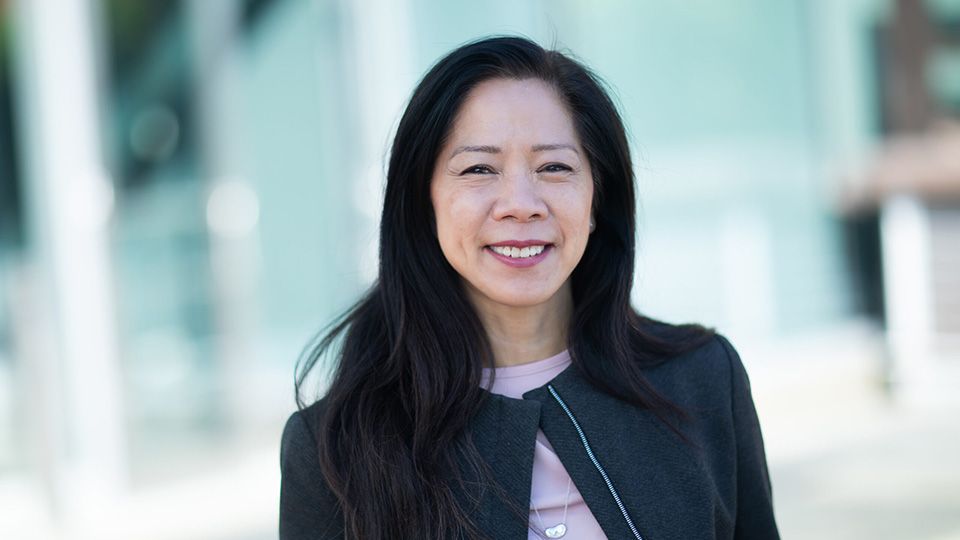Investors need to reassess the systemic risk associated with non-regenerative systems or be prepared for more shocks, warned Pollination managing director Steve Lang warned in the latest Green Dream interview.
Watch the full video interview above and read the transcript below.
NK: Hello and welcome back to the Green Dream video series. Today I’m joined by Stephen Lang, who works at Pollination. Thank you very much for coming in today. Could you tell us a bit about what you do?
SL: Pollination is a global advisory and investment firm that is purely focused on transition to net-zero nature positive. I’m a managing director in our London office focused on food and fibre systems and very specifically scaling regenerative food systems.
NK: Okay. we need to say drastic transformation in those food systems in order to meet 1.5 degrees. What does that look like? What do we need to say?
SLI think it’s important to frame the problem first. Food systems are responsible for 30% of global emissions; they use 70% of the world’s water and drive the majority of the world’s nature loss.
We have 500 million farmers that are working on degraded land and will increasingly struggle to drive yield. And at the same time, less than 3% of climate finance is flowing to those farmers. So it’s a problem of global proportions. It’s estimated that about $100bn plus per year is needed to transition those systems. So what we need in the next five to 10 years are probably three things.
One, transformative partnerships, public and private sector partnerships that shift incentives in the system so that farmers can transition. Second, we need transformative finance, a massive scaling up of philanthropic development and private sector capital. And we also need at-scale proof points of regenerative systems at landscape scale. And all of that needs to be in service of farmers who need to be economically empowered, supported and able to drive that transition. So it’s no small undertaking.
NK: Where can investors play a part in this?
SL: If you look at what’s happening on the concessional finance side, there are more and more pools of capital now becoming available from philanthropy and from development finance. I would encourage investors to participate creatively in blended concessional structures. The reality is that as systems degrade, there will be lower risk, more reliable returns from regenerative systems. Participating in blended structures is one. I would also encourage investors to reassess the systemic risk associated with non-regenerative systems. We’ll see more and more shocks in the system that relate to that systemic risk. So I encourage a reassessment of risk.
NK: That’s definitely something to be mindful of. And you’ve talked in the past about corporates forming partnerships around regenerative farming techniques. Could you explain a bit about that? Give us some examples perhaps?
SL: Most of the big global food companies, I would say are now really ramping up their efforts with farmers to pilot regenerative value chains. PepsiCo recently one example announced, I think it was a $200m partnership with three growing organisations in the US to transform about three million hectares. Wal-Mart are doing some really interesting work to transform value chains. Unilever recently launched their Climate and Nature Fund with AXA. So everyone’s active. But we need a real stepping up of effort and capital.
NK: That leads me on to my next question… How can companies work towards being nature positive? It is difficult to measure, but what steps can they be taking now?
SL: There’s a fairly straightforward sequence of steps to take, frankly. The first is to really understand what are your impacts and your dependencies on nature. Once you understand that, you can better understand risk, particularly risk to revenue and profit.
And then also think about where are the opportunities to invest in nature-based solutions that build the natural capital that underpins all corporate economic activity. So those are the three things I’d recommend.
NK: Okay. Thank you for those. We always end the Green Dream with this question: What is your favourite sustainable drink or snack?
SL: One model I really like is the Natura model, which is direct sourcing from farmers box of fresh regenerative vegetables delivered to your door. And what you find with regenerative food is it tastes better and it’s more nutrient dense.
NK: Okay, fantastic. Well, thank you for sharing everything with us. Great to have you.
SL: And thank you very much, Natalie.




